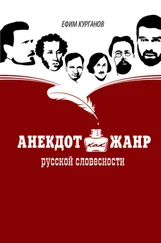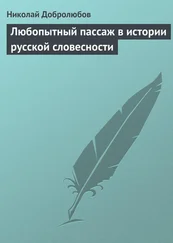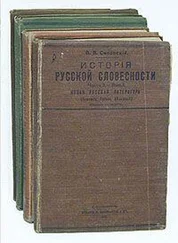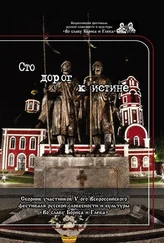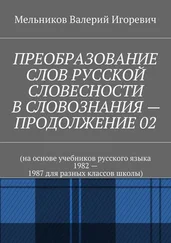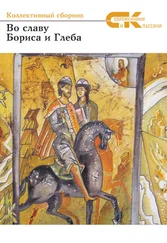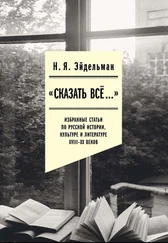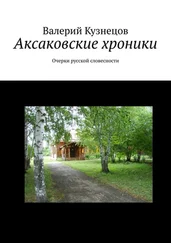«Non pas ailleurs, non pas là-haut, ni là-bas, ni plus tôt, ni plus tard, ni autrefois. Ici, maintenant, il arrive que…, et c’est ce tableau. Que maintenant et ici, il у ait ce tableau plutôt que rien, c’est cela qui est sublime» (Там же. P. 105).
Хармс Д. Полн. собр. соч. <���Т. 5. Кн. 2>. С. 170.
Хармс Д. Письмо к К. В. Пугачевой от 16 октября 1933 г. // Хармс Д. Полн. собр. соч. <���Т. 4>. С. 80.
Там же. С. 80.
Малевич К . От кубизма и футуризма к супрематизму. С. 26.
Малевич К . Супрематическое зеркало. С. 15–16.
«Mais le point de l’interrogation est „maintenant“, now, comme le sentiment qu'il pent ne rien arriver: le néant maintenant» ( Lyotard J.-F . L’inhumain. P. 104).
Хармс Д. Полн. собр. соч. <���Т. 5. Кн. 1>. С. 444.
«I have before observed, that whatever is qualified to cause terror, is a foundation capable of the sublime» ( Burke E. A Philosophical Inquiry into the Origins of our Ideas of the Sublime and Beautiful. P. 156). См. также первые строки главки под заглавием «Of the Sublime»: «Whatever is filled in any sort to excite the ideas of pain and danger; that is to say, whatever is in any sort terrible, or is conversant about terrible objects, or operates in a manner analogous to terror, is a source of the sublime; that is, it is productive of the strongest emotion which the mind is capable of feeling» (Там же. P. 38).
Липавский Л . Исследование ужаса // Wiener Slawistischer Almanach. 1991. Bd. 27. С. 233–247. О нем см. в том же выпуске: Jaccard J.-Ph . Страшная бесконечность Леонида Липавского. С. 229–232. См. также: Жаккар Ж.-Ф . Даниил Хармс и конец русского авангарда (Гл. 3); Он же. «Кризис „текучести“ в конце Серебряного века (О Леониде Липавском и его поколении)» (в гл. II наст, книги).
«All general privations are great, because they are terrible; Vacuity, Darkness, Solitude , and Silence »( Burke E . A Philosophical Inquiry into the Origins of our Ideas of the Sublime and Beautiful. P. 80).
«<���…> le sublime est suscité par la menace que plus rien n’arrive. <���….> Ce qui terrifie, c’est que le Il arrive que n’arrive pas, cesse d’arriver» ( Lyotard J.-F. L’inhumain. P. 110).
«Infinity has a tendency to fill the mind whith that sort of delightful horror which is the most genuine effect and truest test of the sublime» ( Burke E . A Philosophical Inquiry into the Origins of our Ideas of the Sublime and Beautiful. P. 82–83).
«Succession and uniformity of parts are what constitue the artificial infinite. 1. Succession; which is requisite that the parts may be continued so long and in such a direction as, by their frequent impulses on the sense, to impress the imagination with an idea of their progress beyond their actual limits. 2. Uniformity; because, if the figures of the parts should be changed, the imagination at every change finds a check; you are presented at every alteration with the termination of one idea and the beginning of another; by which means it becomes impossible to continue that uninterrupted progression which alone can stamp on bounded objects the character of infinity» (Там же. P. 84–85).
Липавский Л . Исследование ужаса. С. 234–235. Курсив наш (полужирный — прим. верст).
Там же. С. 246.
Хармс Д . Полн. собр. соч. Т. 1. С. 233.
Хармс Д . Полн. собр. соч. Т. 2. С. 330.
Хармс Д . Полн. собр. соч. Т. 2. С. 318.
Там же. С. 335. Курсив наш (полужирный — прим. верст.).
Хармс Д . Полн. собр. соч. Т. 1. С. 193–194.
Там же. Т. 2. С. 27. Курсив наш.
Там же. С. 28–29.
Хармс Д. Полн. собр. соч. <���Т. 5. Кн. 2>. С. 196.
Там же. С. 146.
Там же. Т. 2. С. 188.
Хармс Д. Полн. собр. соч. Т. 2. С. 163.
Крученых А . Заумный язык у Сейфуллиной, Вс. Иванова, Леонова, Бабеля, А. Веселого и др. М., 1925.
Статья написана на основе доклада, прочитанного в 2001 году в Цюрихском университете на конференции, посвященной «Абсурду и славянской культуре».
См.: Esslin М . Le théâtre de l’absurde. Paris: Buchet — Chastel, 1977 (пер. с англ.: Esslin M . The Theatre of the Absurd. Garden City, NY: Doubleday, 1961.
Хармс Д . Полн. собр. соч. Т. 2. С. 309.
Буренина О . …quia absurdum. S. 265.
См.: Жаккар Ж.-Ф . Чинари // Russian Literature. 1992. № XXXII. С. 77–94; Его же. Даниил Хармс и конец русского авангарда; см. также в настоящей книге статью «Возвышенное в творчестве Даниила Хармса».
Тексты чинарей собраны в кн.: «…Сборище друзей, оставленных судьбою»: А. Введенский, Л. Липавский, Я. Друскин, Д. Хармс, Н. Олейников. «Чинари» в текстах, документах и исследованиях.
См. в особенности тексты Хармса «Нуль и ноль» и «О круге»: Хармс Д . Полн. собр. соч. Т. 2. С. 312–315.
Хармс Д. Полн. собр. соч. <���Т. 4>. С. 12.
Например, в трактате «<���О существовании, о времени, о пространстве>»; «I. О Существовании» (Там же. С. 30–37).
Читать дальше
Конец ознакомительного отрывка
Купить книгу

